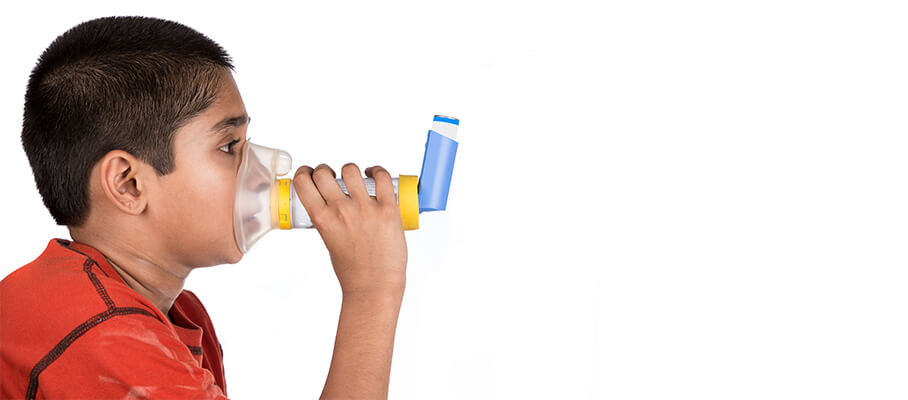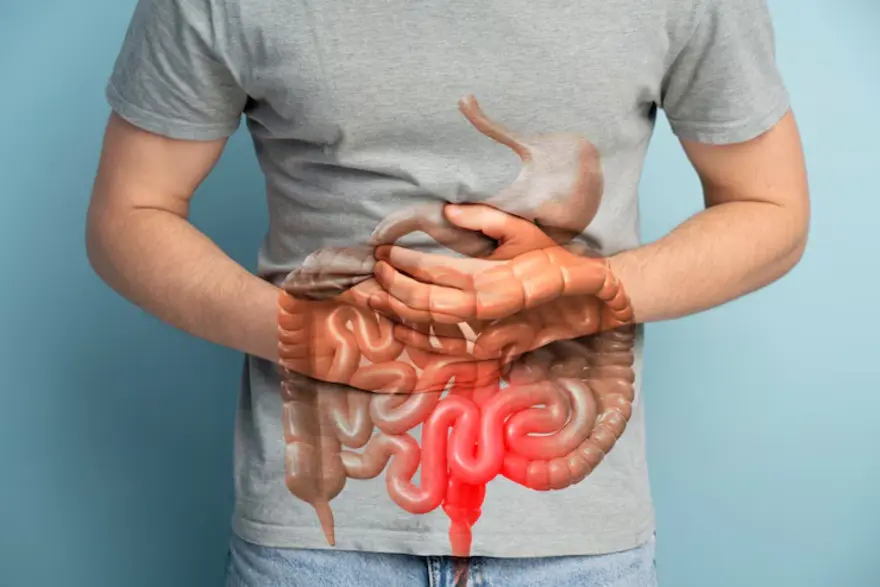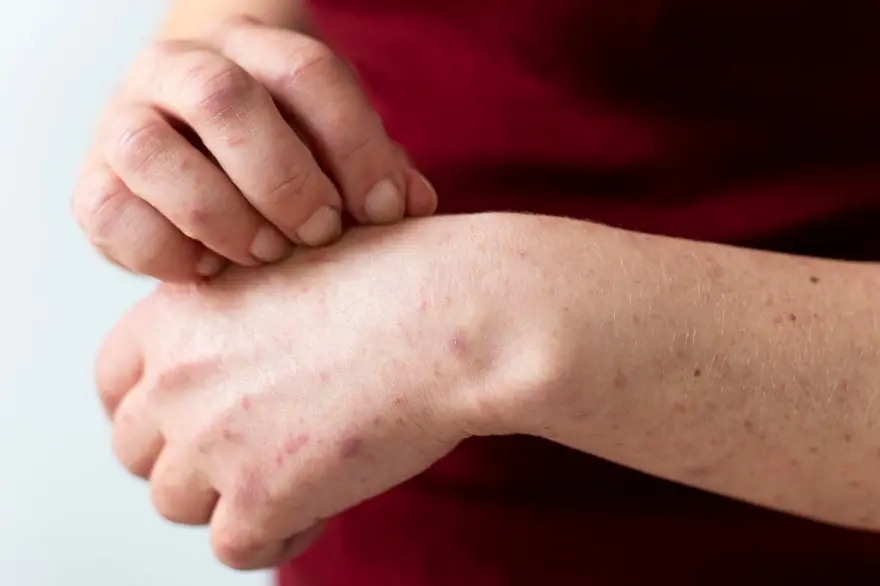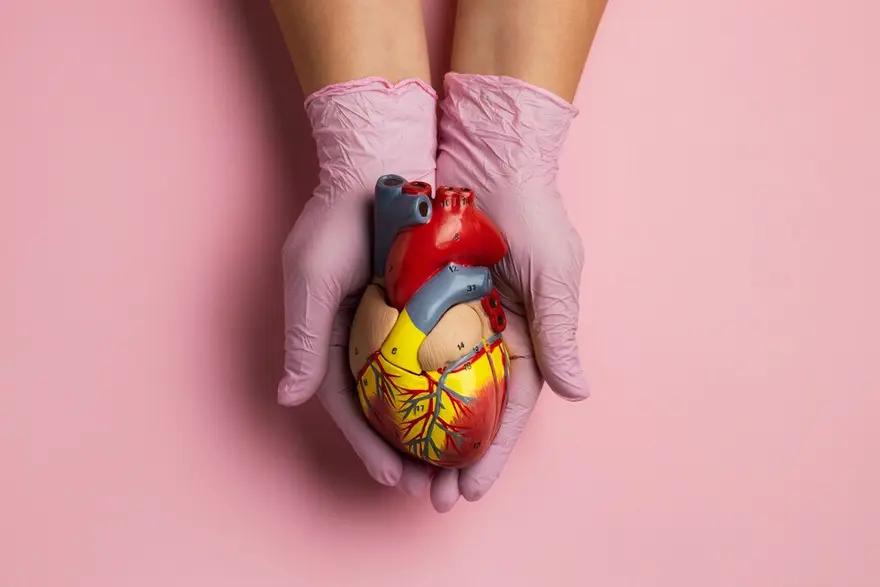asthma causes in child
What you must know about asthma in kids
Asthma, is a common medical condition which affects the respiratory tracts making breathing more laborious and difficult. Kids can get asthma too, however, the symptoms can be a little different. Worldwide, more than 6 million children below 18 years of age are affected by it. In fact, the condition affects about 15% of growing children, with boys more commonly affected than girls. How do kids get asthma? Asthma primarily results from airway hypersensitivity to common household allergens, and the most commonly implicated allergen is house dust mites, tiny bugs that live in house dust. Hyper-responsiveness to any allergen over a period of time leads to chronic inflammation followed by variable airflow obstruction. However why some children are more susceptible over others is not clearly understood, although a genetic cause (chromosome 5q polymorphism) is postulated to be associated with it. Apart from it, second hand smoke, obesity, maternal vitamin D deficiency and poor hygiene are also some of the associated predisposing factors. The exposure of allergen produces a hypersensitivity reaction, which in turn increases levels of serum immunoglobulin (IgE and IgG4) in blood. Immunoglobulins are a class of proteins which are produced by the body as a natural defence against foreign pathogens. Apart from these immunoglobulins, the body produces an excess of blood cells known as Eosinophils. Although both immunoglobulins and eosinophils are increased in blood, these are not specific to Asthma and are raised in many other allergic conditions. Looking for a blood test at home? Don’t look further! Book at Metropolis. What symptoms the child might show? To begin with, a child may present with difficulty in breathing, slight chest tightness and a peculiar breathing sound known as wheeze. Initially these symptoms may last for a few minutes, but on repeated exposure to allergens these symptoms may increase in duration as well as severity. The disease also has a seasonal variation with increased disease severity in winter. The affected children are also prone to other allergic conditions affecting skin and common cold. So suspect the disease in children already having symptoms of other allergic conditions. The spectrum of disease may range from intermittent bouts of acute attacks well controlled with medications to more persistent symptoms affecting day to day life of child as well as night time sleep. In very severe cases the child may go into acute respiratory failure and a medical emergency. But for most children with asthma, it improves as they get older, and progressive worsening of symptoms is rather an exception than a rule. There are certain clues which may alert you of a severe form of asthma in your child. These include extreme respiratory discomfort with inability to speak, agitated child, loud wheeze, high respiratory rate of above 30 per min, and high heart rate of over 120 beats per min. Diagnosis and specific investigations your doctor might ask for? Just like adults, kids need investigations under expert guidance too. The diagnosis of asthma requires Pulmonary function Tests (PFT). These tests mainly look for airflow compared to normal individuals. However these tests require voluntary breath holding and forceful expiration on command which may not be possible in very small children. So in a child younger than 5 years the diagnosis is mainly clinical, and may require 3 or more bouts of breathing difficulty without any other accountable cause for the same. Apart from the pulmonary function tests (PFT), various other blood parameters are crucial in identifying the severity and associated prognosis of disease. These blood parameters include ESR blood test (ESR stands for Erythrocyte sedimentation rate), Serum levels of IgG4 and IgE, serum levels of Interleukins (IL 4 and IL 5). Apart from the above investigations the doctor may prescribe routine blood investigations which may include complete blood count with differential count (also called complete hemogram test), blood electrolyte level measurements, vitamin and mineral assessment. All these tests may be conducted as a part of full body checkup and blood samples be either collected at home or lab. Check out the full body checkup cost here. Possible medications your doctor might prescribe Well the treatment is mostly directed to counter excessive inflammation and associated narrowing of airways, which mostly includes inhaled corticosteroids and long acting Beta 2 agonists respectively. Apart from these some newer advancement includes agents directed against Ig E and IL 4 & 5. How to care for an asthmatic child? As asthma makes breathing laborious, a lot of energy is consumed for breathing itself. We recommend a protein and calorie rich diet with a catch. As most treatment protocols include inhaled steroids as part of management strategy which increases blood sugar levels, ensure to give a balanced diet to keep blood sugar in check. The following preventive measures are recommended Limiting exposure to asthma triggers and helps your child avoid the possible allergens that trigger symptoms. Don't allow smoking around your child. Encourage your child to be active. Speak with an expert about what activities can be done safely. Help your child maintain a healthy weight. Do not panic. Keep in touch with a medical specialist.
 Home Visit
Home Visit Upload
Upload















 WhatsApp
WhatsApp